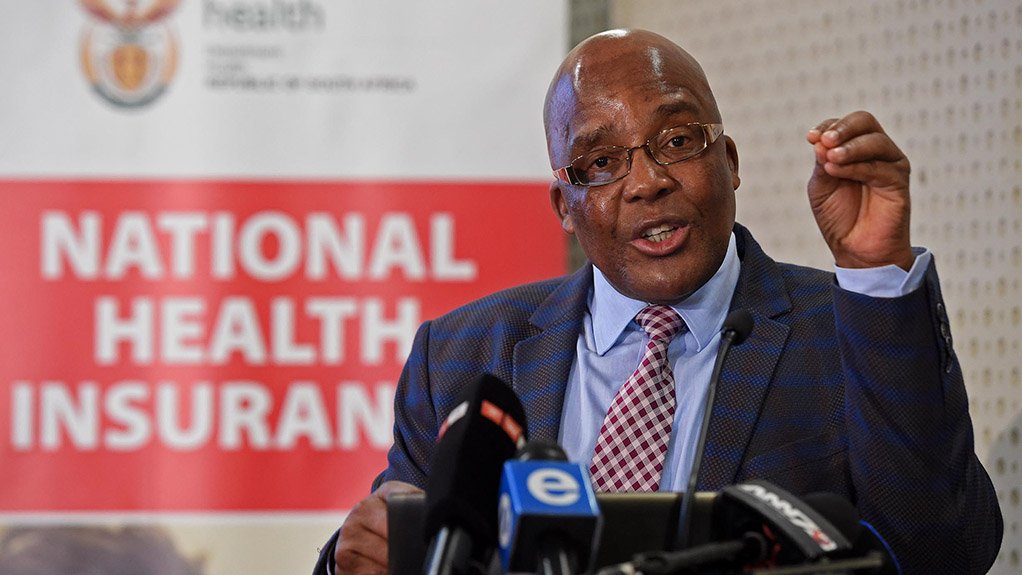/ MEDIA STATEMENT / The content on this page is not written by Polity.org.za, but is supplied by third parties. This content does not constitute news reporting by Polity.org.za.
Hospersa welcomes the Minister of Health’s intervention into the oncology crisis in KwaZulu-Natal but is of the view that the officials responsible for the crisis are not being held accountable.
The Union has repeatedly called for the resignation of the Health Member of the Executive Council (MEC) in the province and blames his lack of management of the province’s health department for the oncology crisis.
The Minister of Health, Dr Aaron Motsoaledi held a media briefing last week Friday at Inkosi Albert Luthuli Hospital in KwaZulu-Natal (KZN) regarding the collapsed oncology services in the province. He reportedly blamed the lack of management skills, procurement of services and human resources issues as the root cause of the oncology treatment crisis in KZN.
The Minister indicated that a forensic audit into the procurement process of the KZN Department of Health has been commissioned and that the National Department of Health and KZN Department of Treasury will be taking over the province’s procurement processes.
“We welcome the Minister’s intervention in trying to deal with the crisis,” said Hospersa General Secretary Noel Desfontaines. “However, we are perturbed that no officials are being held accountable for the collapsed health services in the province. We continue to call for the resignation of the KZN Member Executive Council (MEC) for Health, Dr Sibongiseni Dhlomo and to be held accountable for allowing the situation to deteriorate since 2009,” added Desfontaines.
According to reports, the Health Minister cited that the broken oncology machines at Addington Hospital were not to blame for the KZN cancer crisis. He made these comments despite the South African Human Rights Commission (SAHRC) report stating that the Department of Health’s (DoH) failure to evaluate and identify the need for functional equipment was to blame.
The report also stated that the DoH’s failure to procure and maintain functional equipment, failure to recruit and retain suitably qualified staff as well as failure to monitor and evaluate the health needs of oncology patients has resulted in the violation of oncology patients rights.
“We dismiss the Minister’s claims that the broken machines at Addington Hospital are not to blame for the crisis,” argued Desfontaines. “We signalled the alarm bells in 2009 when the Department of Health was caught up in a multi-million rand corruption scandal involving the maintenance contract of radiography machines at Addington Hospital. This corruption scandal had a domino effect whereby machines started breaking down and were not serviced.
As a result, the public health facilities in the province saw a mass exodus of oncology specialists with many citing poor working conditions and frustrations experienced while working with machines that do not get serviced,” said Desfontaines.
“It is ironic that the Minister points the finger of blame to the lack of management skills in the province yet the MEC’s mismanagement of the province’s public health is not questioned. We remain steadfast in our call for the MEC to be held accountable for the collapsed state of KZN public health which has led to many patients losing their fight against cancer due to broken machines, shortage of staff and poor working condition in the province,” concluded Desfontaines.
Issued by HOSPERSA
EMAIL THIS ARTICLE SAVE THIS ARTICLE ARTICLE ENQUIRY
To subscribe email subscriptions@creamermedia.co.za or click here
To advertise email advertising@creamermedia.co.za or click here











